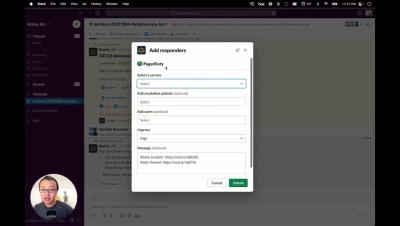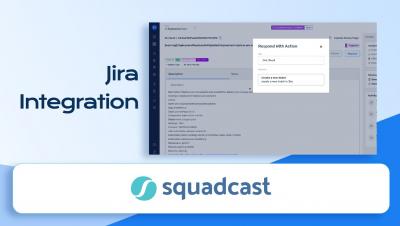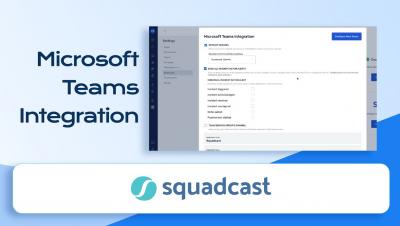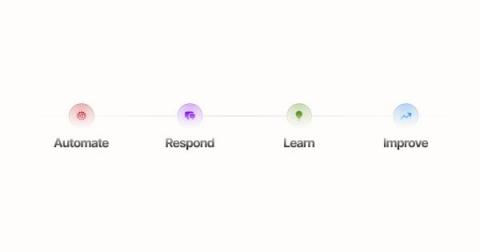Operations | Monitoring | ITSM | DevOps | Cloud
Incident Management
The latest News and Information on Incident Management, On-Call, Incident Response and related technologies.
Top 3 ways to successfully create and defend your IT budget
Budgets are a touchy subject for anyone, and there’s no one-size-fits-all approach. However, the work ITOps does is integral to the success of your organization, so being confident in building and defending your budget is crucial to getting the resources you need. So what does success look like when it comes to ITOps budgets? In our recent podcast episode from our series, That’s great IT, I sat down with global IT leader Nigel Peacock to discuss the best ways to justify your ITOps budget.
How to Use Big Data to Your Advantage
Users have been generating increasing amounts of data in the past few years, partly due to rapid digitalization since the pandemic. As a result, increasing numbers of analytics applications are capitalizing on these data assets. However, building scalable systems is no trivial task and incidents are inevitable. Complex systems generate data in the form of logs, traces, metrics, and more, which organizations often find themselves sprinting through. Such logs are a powerhouse of valuable information.
Creating Tickets in Jira From Squadcast I Jira Integration (Cloud & Server) I Squadcast
Integrating Microsoft Teams & Squadcast - Acknowledge, Resolve & Reassign Incidents | Squadcast
Splunk Incident Intelligence
Interlink Software is ready for business on VMware Marketplace
We are pleased to announce that Interlink Software’s AIOps and Observability platform is now a fully validated third-party solution on VMware Marketplace residing in the Management and Monitoring category.
The hidden costs of poor incident management
We’re all looking to maximize every dollar spent, every hire made, every hour logged. But there’s one cost center you might not be thinking about — incident management. This post explores the explicit and implicit costs associated with incidents.











